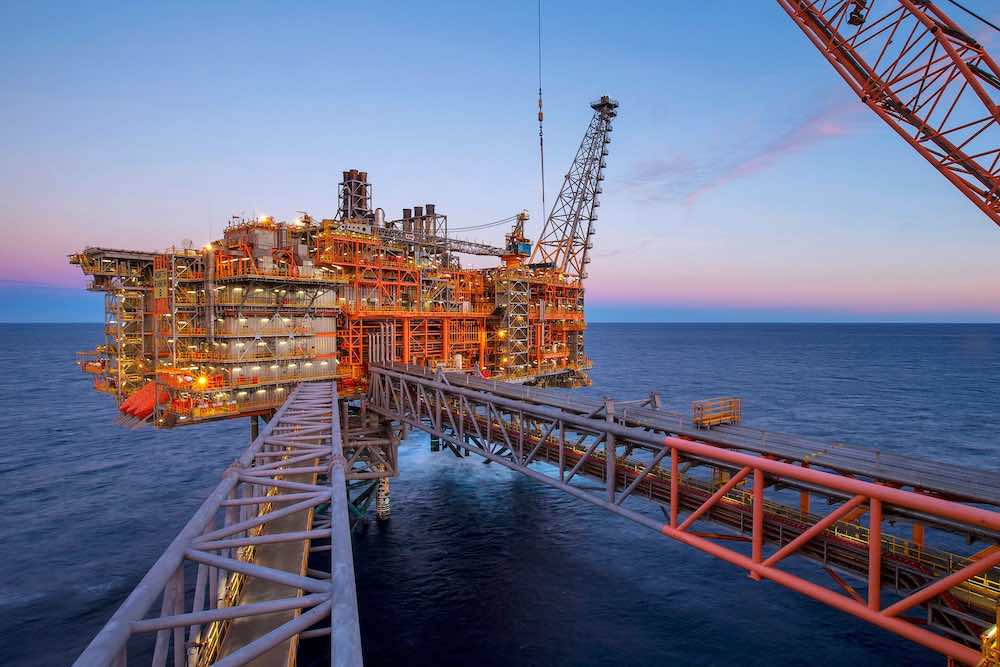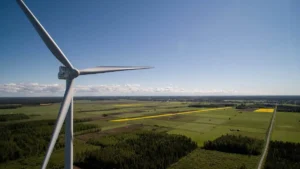Woodside Energy’s quarterly revenue has nearly doubled in a year thanks to strong gas pricing, following a similar announcement from oil and gas giant Santos last week.
Woodside on Wednesday reported an 81% jump in its fourth-quarter revenue despite recent declines in oil prices.
The company’s high performance is likely down to the fact that most of Woodside’s LNG sales are linked to oil prices on a three to six-month lag.
The giant also profited from the acquisition of BHP Group assets, and benefits from exposure to gas hubs with strong prices like the Japan-Korea Marker (JKM) in Asia and the Netherlands’ TTF – in 2022, 23% of Woodside’s LNG was sold at prices link to gas hub indexes, according to Reuters.
Despite this, fourth quarter revenue was down 12% from the third quarter, riding lower prices and reduced trading activity.
CEO Meg O’Neill said oil production in the fourth quarter, a record 51.6 million barrels of oil equivalent (boe), was the highest annual production in the company’s history. O’Neill linked the company’s record performance to asset reliability.
Santos’ quarterly revenue report last week similarly revealed the company made $7.8 billion in 2022, with a cash-in of US$1.9 billion in the fourth quarter, bringing its 2022 sales revenue up 65% on the previous year. The company has benefited in part from a December 2021 merger with PNG-focused Oil Search.
The pattern is unsurprising and ubiquitous, with the total value of Australian LNG exports skyrocketing by 86%last year.
Wall Street research firm Alliance Bernstein has predicted the pattern will continue across the globe well into 2023 – or for as long as the Russia-Ukraine conflict continues. Chevron will release its Q4 2022 results on Friday, ExxonMobil on Tuesday January 31, and Shell in early February.
The latest slew of announcements follow a record year for oil and gas prices and mounting anger at companies perceived to be cashing-in on a global crisis of energy scarcity and hyperinflation.
Throughout 2022, announcements of record profits triggered waves of calls for the imposition of windfall taxes on energy giants, which were imposed in Europe and the UK.
Shell and BP announced worldwide profits of US$8.2bn and US$9.5bn respectively in Q3 2022.
In Australia, it remains to be seen whether the newly-introduced $12 per gigajoule price cap imposed on gas producers’ domestic sales will trickle down into reduced prices for consumers.
Both Woodside and Santos have pledged to commit to the renewables transition. Woodside aims to be net zero by 2050, and Santos by 2040. Both companies have major new gas projects in the pipeline, and say they will mitigate their emissions using carbon capture and storage (CCS) despite questions about that technology.







